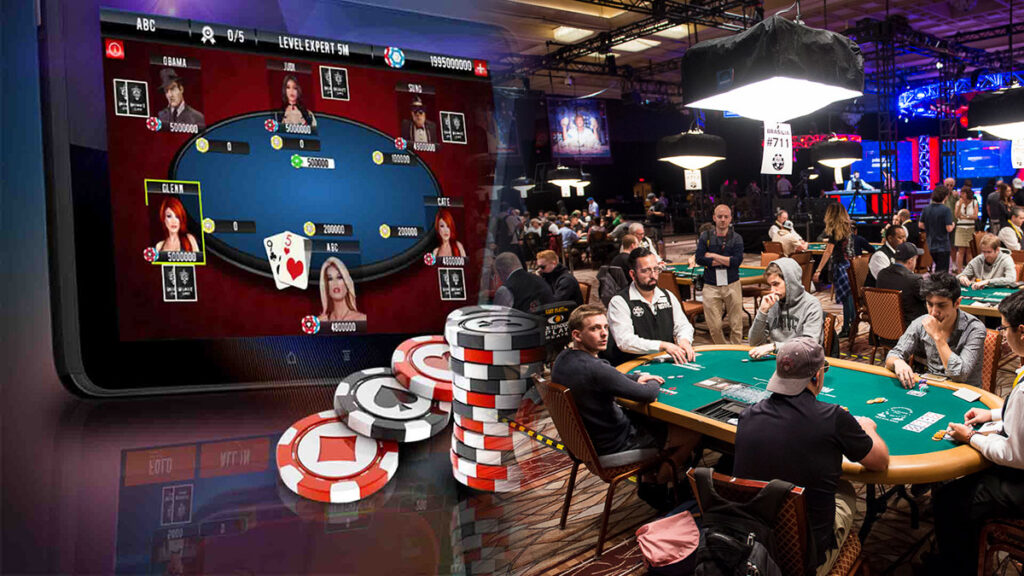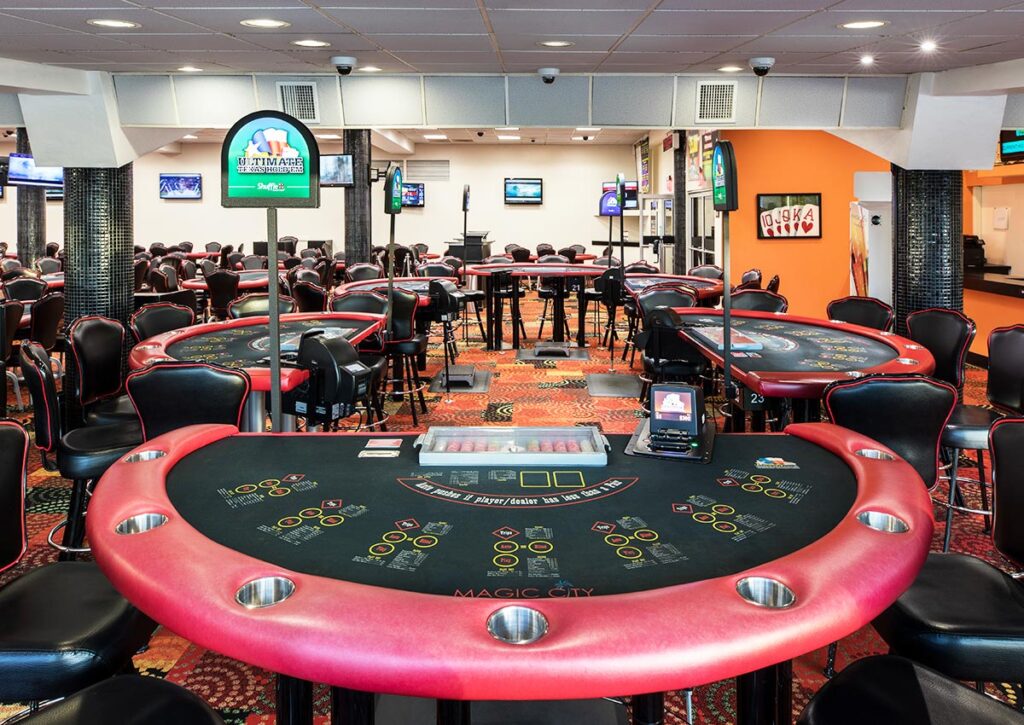When stepping into a bustling casino poker room, the vibrant energy of players engaged in intense card battles can be quite alluring. However, if you’re not quite ready to jump into the fray yourself, you might wonder whether it’s acceptable to simply observe the games. This question often arises among newcomers and curious onlookers, and the answer is a mix of casino policies and poker room etiquette.

The casino poker room is a world of its own, filled with the clatter of chips, the shuffling of cards, and the calculated stares of players analyzing their opponents. The atmosphere is charged with excitement, strategy, and the thrill of competition. For those who are new to poker or simply enjoy watching the game, the question often arises: Can you just watch the games in a casino poker room?
The answer varies depending on the casino’s policies and the general etiquette observed in poker rooms. In most cases, casinos are open to spectators who want to watch poker games without participating. However, there are some important points to consider.
- Respectful Observation: Casinos generally welcome observers, but it’s crucial to maintain respectful behavior. Standing too close to players, hovering over the tables, or offering unsolicited advice can disrupt the concentration of the players and create an uncomfortable atmosphere.
- Table Space: While watching poker games, it’s important to avoid taking up valuable space that could otherwise be used by players. Casino staff may ask observers to move if they are obstructing pathways or impeding the flow of the game.
- No Disturbance: Observers should avoid distracting players with unnecessary noise, conversation, or movements. Poker games require intense concentration, and any disruption can be frustrating for both players and staff.
- Non-Interference: Observers should never touch the cards, chips, or any game-related items on the table. Interfering with the game in any way, even inadvertently, is generally considered unacceptable.
- Security Concerns: Casinos are vigilant about maintaining security and preventing cheating. If an observer’s behavior is deemed suspicious or disruptive, they might be asked to leave the poker room.
In conclusion, while it is usually possible to watch poker games in casino poker room doing so requires adhering to certain guidelines and being respectful of players and staff. Observing the intricate strategies, reading the table dynamics, and witnessing the emotional rollercoaster of poker can be an entertaining and educational experience.



